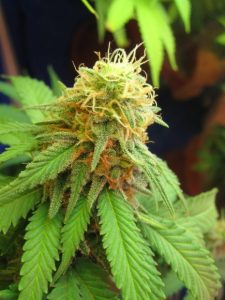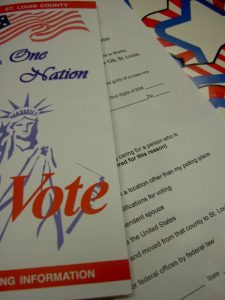Legal Recreational Marijuana Use and Employment Issues
For a long time, people have been wondering how medical marijuana use will affect their employment and what happens if they get a drug test. That is a complicated issue, and it depends a lot on your employer. With marijuana being legal for recreational use as Proposition 64 was voted into law at the last election, many more are concerned if they can lose their jobs for using marijuana for recreation.
 Some argue that it should be okay as long as you are not under the influence of marijuana while on the job. This is how things work with alcohol. After all, anyone who is 21 or older can legally drink alcohol, but cannot come to work drunk. It is also true that a worker can take his or her prescription Xanax and be at work so long as that is not interfering with their job, and they are not operating heavy machinery. Continue reading
Some argue that it should be okay as long as you are not under the influence of marijuana while on the job. This is how things work with alcohol. After all, anyone who is 21 or older can legally drink alcohol, but cannot come to work drunk. It is also true that a worker can take his or her prescription Xanax and be at work so long as that is not interfering with their job, and they are not operating heavy machinery. Continue reading
 Cannabis Law Group's Medical Marijuana Legal Blog
Cannabis Law Group's Medical Marijuana Legal Blog





 There are grow operations that use massive indoor spaces, some as big as 200,000 square feet, which is around the size of a big box store, to grow marijuana in a traditional growing medium. These indoor grow operations are secure and have special features to keep any types of mites or other pests from getting to the plants. Modern ones require workers to wear clean suits with no pockets, and then they must go through a wind tunnel prior to coming in contact with plants to keep the pests away. The air in these large medical marijuana operations is recycled multiple times a day or even a few times an hour to make sure there is not any contamination.
There are grow operations that use massive indoor spaces, some as big as 200,000 square feet, which is around the size of a big box store, to grow marijuana in a traditional growing medium. These indoor grow operations are secure and have special features to keep any types of mites or other pests from getting to the plants. Modern ones require workers to wear clean suits with no pockets, and then they must go through a wind tunnel prior to coming in contact with plants to keep the pests away. The air in these large medical marijuana operations is recycled multiple times a day or even a few times an hour to make sure there is not any contamination. 




